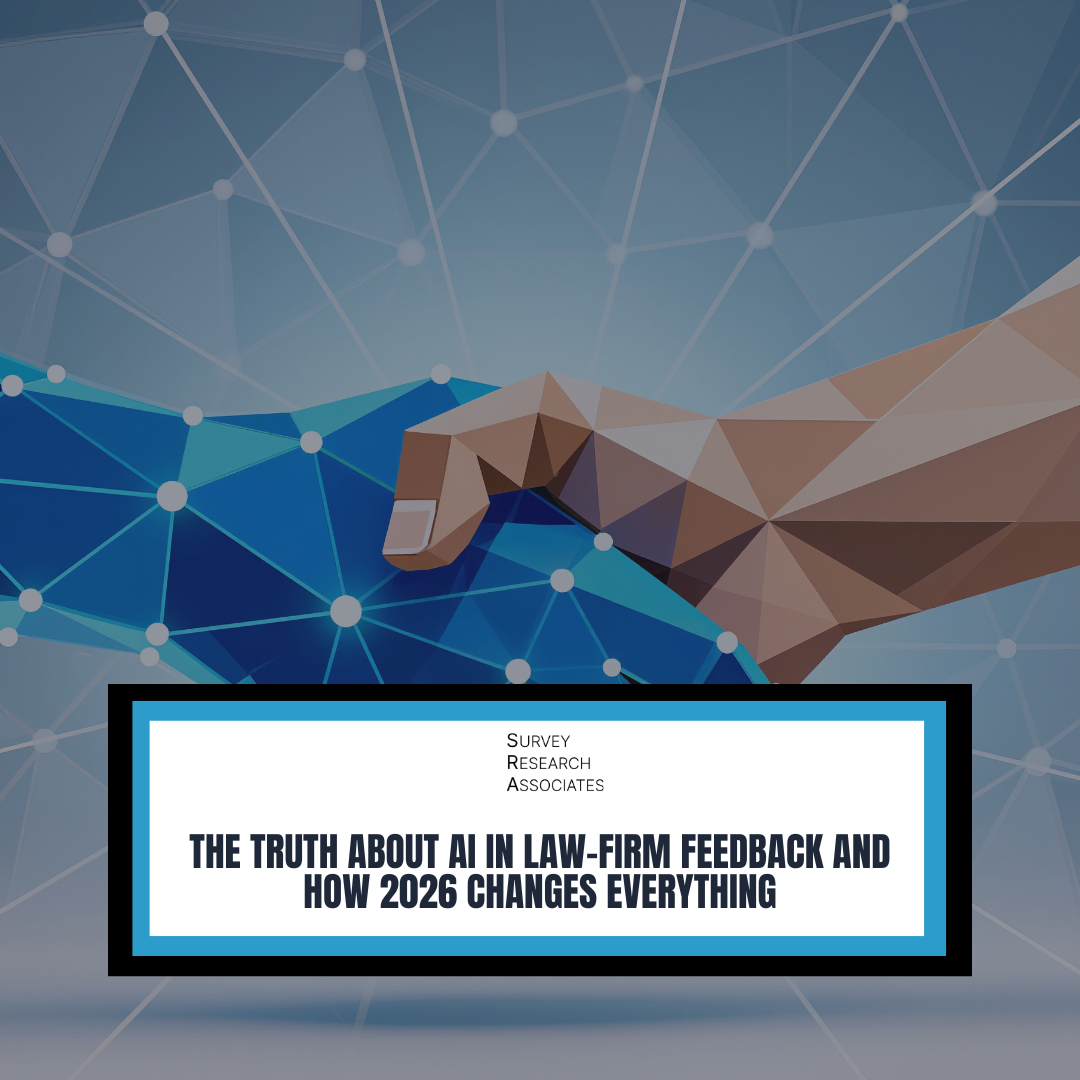In the competitive, high-pressure environment of law firms, technical expertise alone is rarely enough to propel lawyers into truly impactful leadership roles. Building and demonstrating high emotional intelligence (EI) is a key differentiator for lawyers who aspire to become successful leaders—and to drive meaningful results across their teams and organizations.
What Is Emotional Intelligence?
Emotional intelligence refers to the ability to understand, manage, and effectively express one’s own emotions, as well as to perceive and influence the emotions of others. The core components of EI include:
- Self-awareness: Recognizing one’s emotions and their effects.
- Self-regulation: Managing impulses and emotions in healthy ways.
- Motivation: Being driven, committed, and resilient.
- Empathy: Understanding others’ perspectives and feelings.
- Social skills: Building relationships, resolving conflict, and inspiring others.
Why EI Matters for Lawyer-Leaders
- Enhances Communication and Client RelationshipsLawyers with high EI are better listeners, more persuasive speakers, and more mindful of non-verbal cues. This allows them to:
- Forge deeper, trust-based relationships with clients.
- Communicate legal advice with empathy and clarity.
- Navigate difficult conversations—whether with clients or colleagues—more successfully.
- Fosters Resilient and High-Performing TeamsLeaders with developed EI foster psychological safety, encourage open feedback, and handle conflict constructively. The result is:
- Higher employee engagement and satisfaction.
- Lower turnover and burnout rates.
- Teams that collaborate effectively, even under pressure.
- Facilitates Change and InnovationLaw firms are increasingly called upon to adapt and innovate. Emotionally intelligent leaders:
- Anticipate and address resistance to change.
- Inspire buy-in by connecting change initiatives to personal and organizational values.
- Lead by example—remaining calm and optimistic during periods of uncertainty.
- Makes Feedback and Performance Reviews ProductiveEI allows leaders to deliver even difficult feedback constructively, focusing on growth rather than criticism. This fosters:
- Stronger professional development conversations.
- Increased associate motivation and learning.
- Cultures of continuous improvement.
- Promotes Diversity, Equity, and InclusionLeaders with high EI are better equipped to:
- Recognize and mitigate unconscious bias.
- Create environments where all voices are valued and included.
- Model equitable and inclusive behaviors in everyday practice.
How Lawyers Can Build Emotional Intelligence
- Practice Mindfulness: Engage in practices that improve self-awareness and regulation, such as mindfulness or journaling.
- Focus on Empathy: Consciously put yourself in others’ shoes during interactions.
- Seek Feedback: Encourage honest feedback from peers, mentors, and team members to spot blind spots.
- Invest in Training: Attend workshops or coaching sessions focused on EI and leadership.
- Model EI Skills Daily: Demonstrate transparency, active listening, and adaptability in all professional situations
Conclusion
In today’s legal landscape, leadership is about more than legal skills and technical knowledge—it’s about inspiring and enabling others. High emotional intelligence unlocks the ability to connect, motivate, and drive performance at all levels. For lawyers aiming to become exceptional leaders, investing in EI is not just an advantage—it’s a necessity.Harvard Law School Center on the Legal Profession: “Emotional Intelligence and Lawyer Well-Being”


